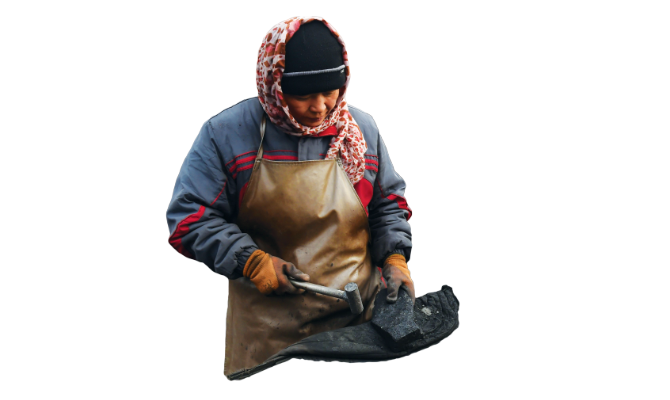OSLO: A sharp rise in the deployment of carbon capture, utilization and storage (CCUS) technology is needed globally if countries are to meet net-zero emissions targets designed to slow climate change, the International Energy Agency (IEA) said on Thursday.
A growing number of countries and companies are targeting net-zero carbon dioxide (CO2) emissions by around the middle of the century in the wake of the 2015 Paris climate agreement. To reach that, the amount of CO2 captured must rocket to 800 million tons in 2030 from around 40 million tons today, the IEA, which advises industrialized nations on energy policies, said in a report.
Up to $160 billion needs to be invested in the technology by 2030, a ten-fold increase from the previous decade, it added.
“Without it, our energy and climate goals will become virtually impossible to reach,” the IEA head Fatih Birol said in a statement.
The global economic downturn caused by the COVID-19 pandemic risks delaying or canceling projects dependent on public support, the IEA said. An oil price slide had also reduced revenues for existing CCUS facilities selling CO2 for so-called enhanced oil recovery (EOR). However, the IEA added: “Economic recovery packages are a unique window of opportunity for governments to support CCUS alongside other clean energy technologies.”
Referring to a major investment to build two carbon capture plants and an offshore CO2 storage facility, Birol said: “Norway showed its leadership in Europe by making a major funding commitment to the Longship project.”
Nonetheless, the story of CCUS has largely been “one of unmet expectations,” marred by lack of commercial incentives, large capital costs and public opposition to storage, especially onshore, the IEA said.
In 2009, the agency called for 100 large-scale CCUS projects to be built by 2020 to store around 300 million tons of CO2 per year. To date, just 20 commercial projects are in operation, capturing around 40 million tons per year.














